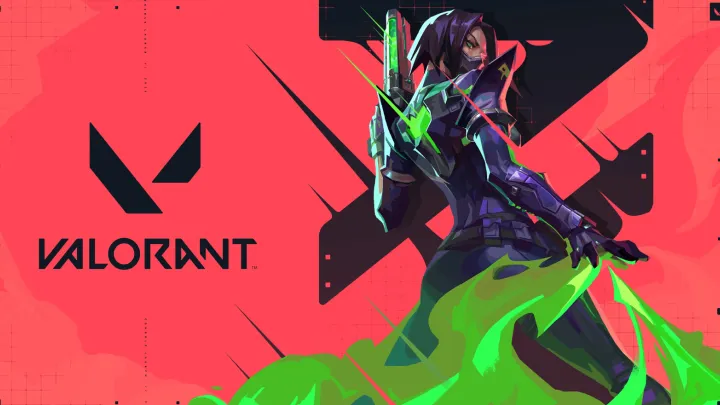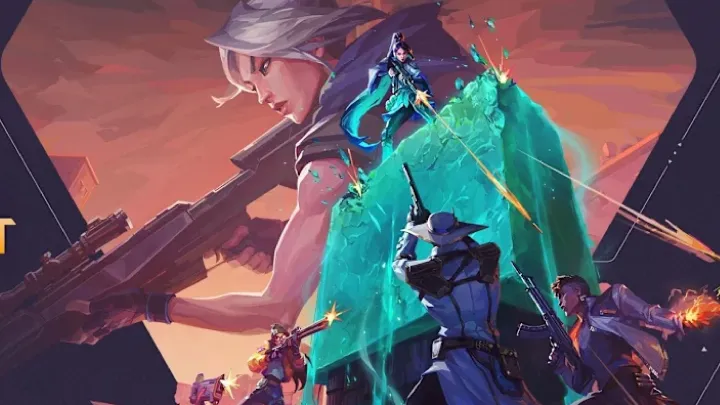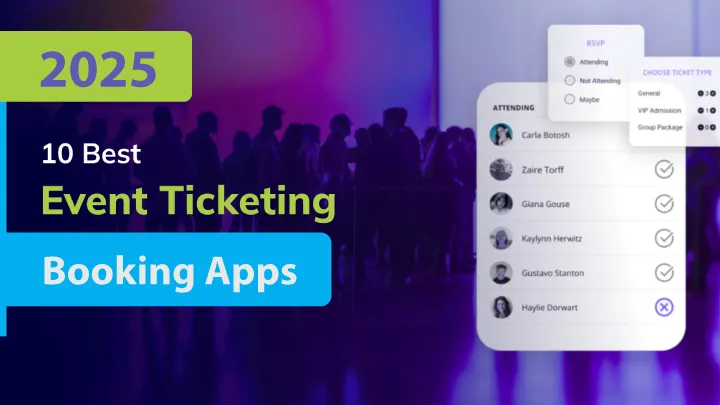1. Agent Selection
Understand Agent Roles
- Duelists: Focus on aggressive plays and securing kills (e.g., Jett, Reyna).
- Controllers: Control areas and block enemy sightlines (e.g., Brimstone, Omen).
- Initiators: Create opportunities and gather information (e.g., Sova, Breach).
- Sentinels: Support teammates and secure flanks (e.g., Sage, Killjoy).
Master Multiple Agents
- While specializing in one agent is beneficial, knowing a few can make you adaptable to team needs.
2. Map Knowledge
Learn Callouts
- Familiarize yourself with standard map callouts to communicate effectively with your team. This helps in sharing information quickly.
Map Layouts
- Understand the layout, including bomb sites, choke points, and potential hiding spots. Knowing these can help in strategizing your movements.

3. Shooting Mechanics
Crosshair Placement
- Keep your crosshair at head level while moving around. This minimizes the need for adjustments when encountering enemies.
Aim Training
- Use the practice range to work on your aim. Focus on tracking moving targets and adjusting your aim for different weapons.
Spray Control
- Learn the spray patterns of different weapons. Practice controlling the recoil to improve accuracy during sustained fire.
4. Economy Management
Understanding Credits
- Keep track of your team’s economy. Know when to buy, save, or force buy based on your team's credit status.
Buy Phase Strategy
- Spend wisely during the buy phase. If your team is low on credits, consider saving for the next round instead of forcing purchases.
5. Teamwork and Communication
Effective Communication
- Use voice chat to share enemy positions, strategies, and your status. Clear communication can greatly enhance team coordination.
Play for Each Other
- Support teammates during engagements. For instance, if you're playing Sage, prioritize healing and reviving teammates during critical moments.
6. Ability Usage
Know Your Agent's Abilities
- Fully understand your agent’s abilities and how they can be used strategically. Practice using them in the right situations.
Synergy with Teammates
- Coordinate ability usage with your team. For example, using smoke abilities to cover a plant or using flashbangs before an engagement can create openings.
7. Improving Game Sense
Anticipate Enemy Movements
- Pay attention to enemy patterns and adapt your strategies accordingly. If you notice a trend, adjust your positioning and tactics.
Rotate When Necessary
- Be aware of when to rotate between sites based on enemy activity. If you hear or see enemies attacking one site, communicate with your team and adjust quickly.
8. Regular Practice
Deathmatch Mode
- Use Deathmatch to practice aiming and reflexes without the pressure of objectives. This mode helps you get comfortable with gunplay.
Custom Games
- Set up custom games to practice specific scenarios, such as clutch situations or teamwork strategies.

9. Learn from Others
Watch Professional Players
- Follow professional players and streamers to learn advanced strategies and techniques. Observe their decision-making and positioning.
Analyze Your Own Gameplay
- After matches, review your gameplay to identify mistakes and areas for improvement. This self-analysis is crucial for growth.
10. Stay Updated
Follow Patch Notes
- Keep an eye on patch notes for updates on balance changes, new agents, and maps. Understanding these changes can give you a competitive edge.
Engage with the Community
- Join forums, Discord servers, or Reddit discussions to share experiences, strategies, and tips with other players.
Conclusion
Improving in Valorant requires practice, teamwork, and a willingness to learn. By following these tips and regularly honing your skills, you can enhance your gameplay and enjoy a more rewarding experience. Embrace the challenges, communicate with your team, and have fun exploring the tactical depth of Valorant!

















